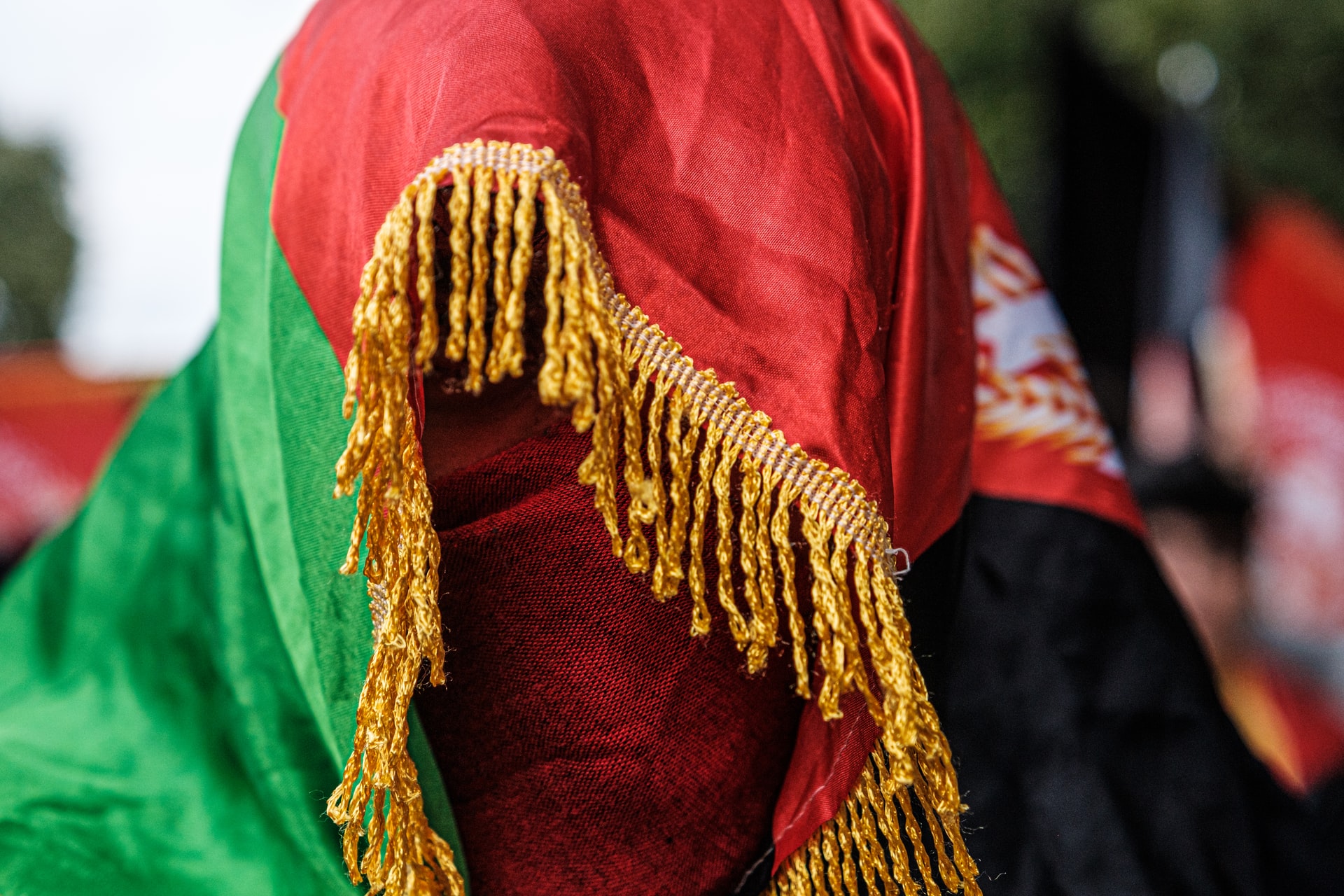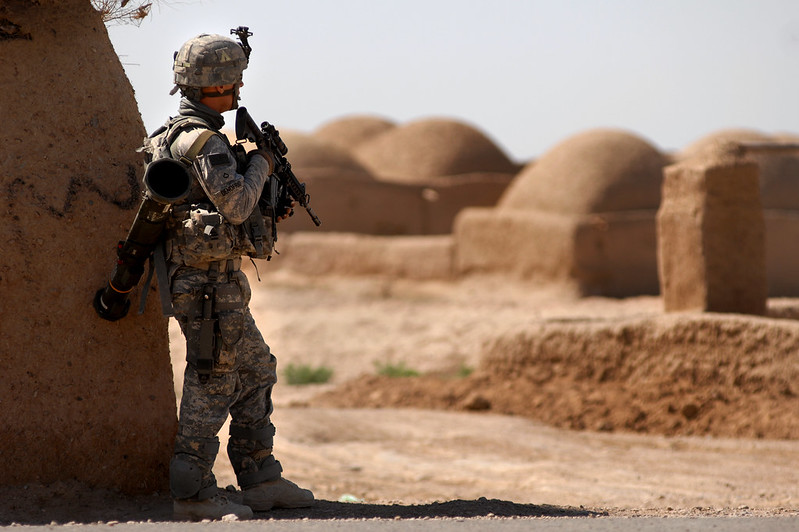Based on interviews with Taliban officials, this post by Lakshmi Venugopal Menon argues that while the international community remains reluctant to engage with the Taliban-led government in Afghanistan, the threat of the more extreme Islamic State – Khorasan Province (ISKP) within Afghanistan poses a serious dilemma: to support the Taliban to defeat the ISKP, or to look away as a new extremist alliance festers.
In efforts to show the world that the interim government in Afghanistan has established security in the war-torn nation, the Taliban regime has time and again emphasised that they do not view the Islamic State – Khorasan Province (ISKP) as a threat. The deadly suicide bombings near and around the foreign ministry in Kabul in March 2023 that have claimed the lives of many including diplomats say otherwise.
Irrespective of the rhetoric, ISKP is a reality and has been the Taliban-led government’s key rival since August 2021. Those in power in Kabul must realise that overlooking the capabilities of ISKP is a mistake. A more pragmatic and sensible approach is needed. While the war has more or less ended and fighting substantially reduced, attacks by the ISKP continue.
The question is: Can the Taliban defeat the ISKP independently? If not, will the international community help the Taliban defeat them?
*
The Taliban’s hunting down of ISKP, which started prior to them (re)gaining power in 2021, has seen many ISKP fighters perish. In 2018, the Taliban was successful in defeating the ‘self-proclaimed ISKP’ from the isolated districts of Darzab and Qush Tepa in Jawzjan province. In February 2023, Taliban spokesman Zabihullah Mujahid announced the killing of key Islamic State commanders which included ‘the intelligence and operations chief of Daesh’ Qari Fateh, the Indian subcontinent’s IS-K chief Ijaz Amin Ahangar, and their accomplices. Although the Taliban claims to have destroyed ISKP in the latter’s strongholds — Nangarhar and Kunar in eastern Afghanistan — they remain a major threat.
Bringing attention to the Hanafi–Salafi strife that plays out between Taliban and ISKP, a Talib in Kabul who wished to remain anonymous and call himself a ‘peace activist’, is convinced that if Daesh is not backed by foreign players, then Taliban can successfully eliminate the Daesh in a matter of few days. Speaking to me, he blamed Western powers for bringing Daesh to Afghanistan with funding from certain regional players, and accused the West of rescuing and evacuating ‘self-proclaimed IS-K fighters’ with helicopters when cornered by the Taliban’s onslaught. Today there are internationally backed factions of Daesh and regional players posing as Daesh for vested interests, he asserted.
While one can argue that the Taliban is now stronger and more capable of eliminating Daesh from Afghanistan, the IS-K has also grown in power perhaps owing to the support it receives from some international players as the Talib ‘peace activist’ argues.
A former advisor to the Health Minister of the interim Taliban government, in an interview with me, articulated the expectation of engagement with the international community to destroy Daesh. Could this signal a shift from the October 2021 Taliban stance, when their political spokesman Suhail Shaheen had said they would not cooperate with Washington to contain the Islamic State? One wonders. If the Taliban government is isolated, there would be a repetition of the 2001 scenario, the former adviser fears, when the Taliban was forced to befriend the Al-Qaeda due to complete international isolation.
Among the highest international peacemaking echelons, there are voices that believe that unlike what former US President Donald Trump claimed, Daesh was not defeated in Syria and Iraq, rather they were merely undermined, and later proliferated to 17 countries (including Afghanistan) where they formed the ISKP. Having killed many diplomats and Afghans, ISKP is arguably becoming the region’s number one enemy today. Fears that if the Taliban are not helped in putting down the IS-K, the latter would become a larger problem for regional peace is legitimate as the ISKP poses direct and indirect threats to South and Central Asia’s security apparatus. Different country reports on terrorism have calculated ISKP fighters in Afghanistan to be between (approx.) 2000–3000, and as high as 6000. The question that is facing the international community is whether they should overlook this, or intervene?
*
To defeat ISKP, other nation-states will have to engage, and coordinate, with the Taliban. Although it is not a question of recognition but of common interests, the degree to which countries are willing to coordinate efforts with the Taliban and engage in intelligence-sharing and logistical support is doubtful.
In this regional Taliban–ISKP dilemma, two aspects must not be overlooked. First, is the Taliban-led government backtracking from the promises they made in the Doha Accord of 2020 (particularly on female education) because they fear losing their hardline fighters to non-state actors like ISKP? Arguing that the Daesh has no room in Afghanistan as they do not belong to Afghan soil, the former adviser to the Health Minister thinks that the ISKP lack a convincible association to secure safe havens in rural areas in Afghanistan.
What is driving the young Afghans to ISKP is the dire state of Afghanistan’s economic affairs. Youngsters are turning to terrorism because for some that is the only option to earn a living/ income to support their families. As seen in other conflict zones, terror factions tend to have better economic prospects than the impoverished economic sectors; a danger that the global community must pay heed to. Second, are regional players making matters worse by pursuing vested interests through proxies? The interviewed persons agree that intelligence agencies of certain regional and international players have furthered their interests in Afghanistan, fashioning themselves as terror factions. Even today, there are attacks such as the one in late March 2023 near the foreign ministry for which no group has claimed responsibility.
To conclude, the Taliban cannot defeat the ISKP by themselves. Considering that this task will require cooperation with neighbours, security coalitions and intelligence-sharing, could the Taliban become an unacknowledged strategic ally for counter terrorism efforts in Afghanistan?
*
The views expressed here are those of the author and do not represent the views of the ‘South Asia @ LSE’ blog, the LSE South Asia Centre or the London School of Economics and Political Science. Please click here for our Comments Policy.
This blogpost may not be reposted by anyone without prior written consent of LSE South Asia Centre; please e-mail southasia@lse.ac.uk for permission.
Banner image © Zabihullah Habibi, Bamiyan, 2021, Unsplash.
*







